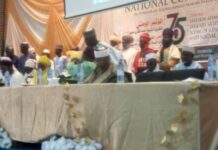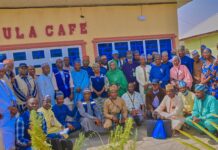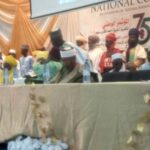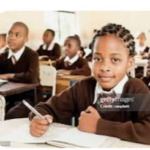The Emir of Kaura-namoda in Zamfara state, Alhaji Sanusi Mohammed Ahmed Asha has suggested ways to revitalize the Girl-Child education in the state.
Speaking during a two-day state level meeting to domesticate National Policy on Gender in Education (NPGE) held in Gusau, Emir Sanusi said there were many ways that could be adopted to immediately improve Girl-Child enrollment and retention, if properly followed.
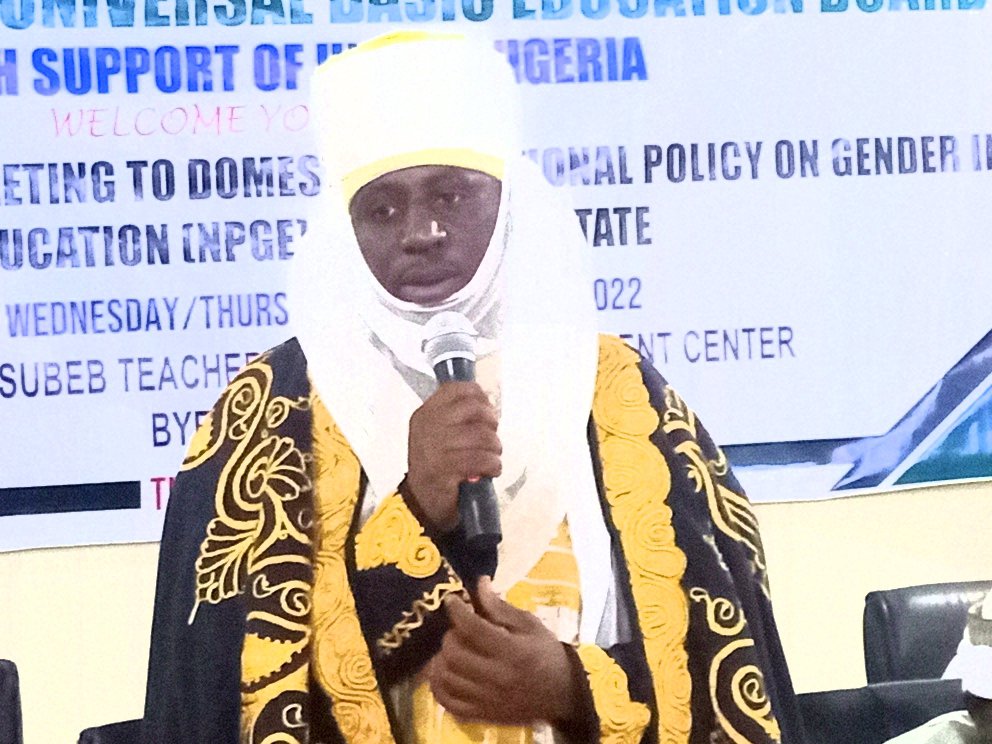
One of the ways according to the Emir is to involve the traditional rulers in the running affairs of schools in their respective domains.
He said, traditional rulers could be allowed to monitor and inspect schools in their domains and take necessary action.
He recalled the Colonial era as well as the Native Authority system where the traditional rulers had full control over education system.
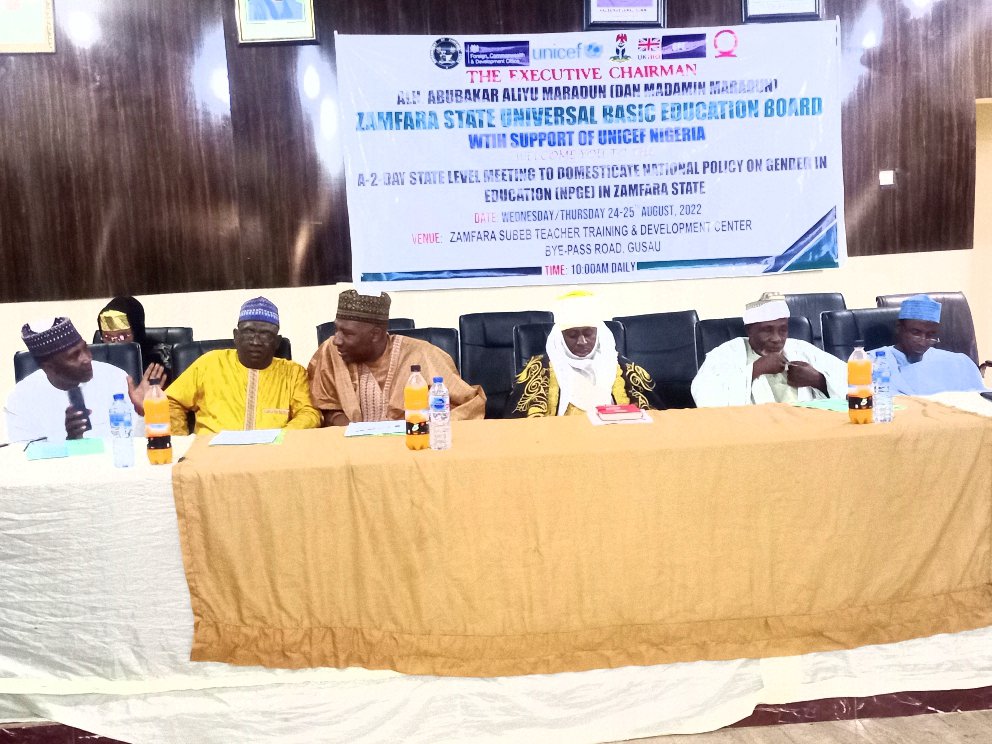
Another way of improving enrollment and retention of girls in schools according to the Emir is to introduce free feeding to all girl institutions.
He said, “If free feeding is introduced, I don’t think there is any girl who will want to miss her classes”.
The Emir also suggested that the policy makers must respect the culture and tradition of the people of the state in order to allow parents and guardians to send their wards to school.
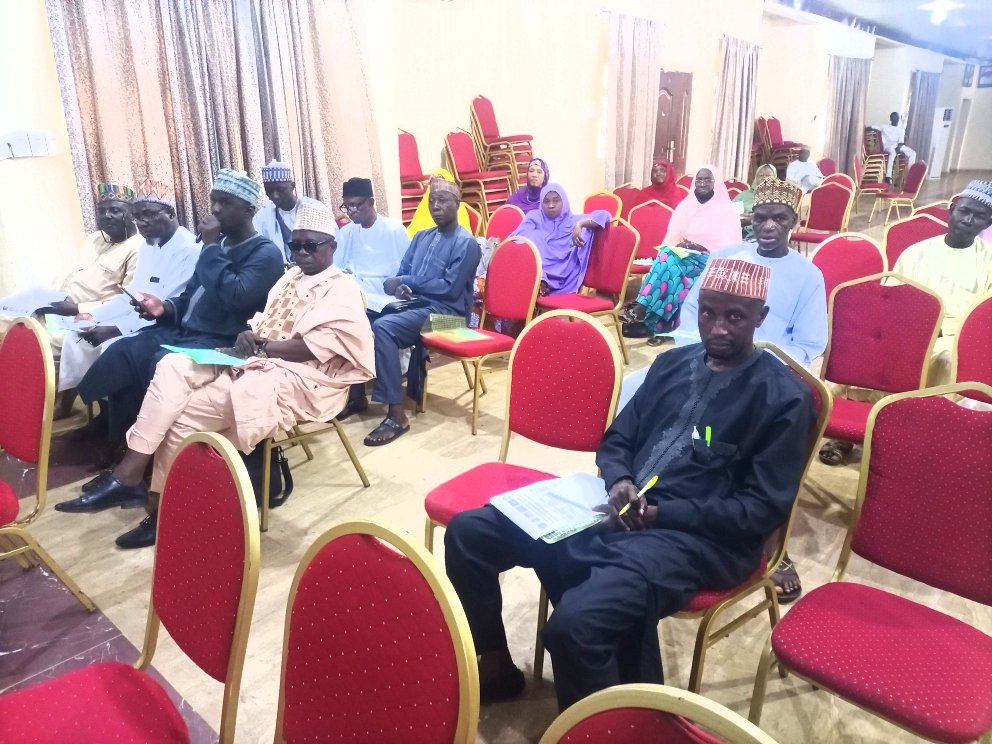
“Since we are guided by the sharia legal system, we have to maintain the use of hijab and decent dressing code”.
“We should also try as much as we can to separate girls from boys and where it is not possible, the girls should be made to sit behind the boys”.
Emir Sanusi also advised the school authorities to create a reward system by giving gifts to girls who regularly go to school.
Another important measure according to the Emir is for the government to make teaching aids and sporting equipment available in all schools adding that, “they can encourage girls to go to school.
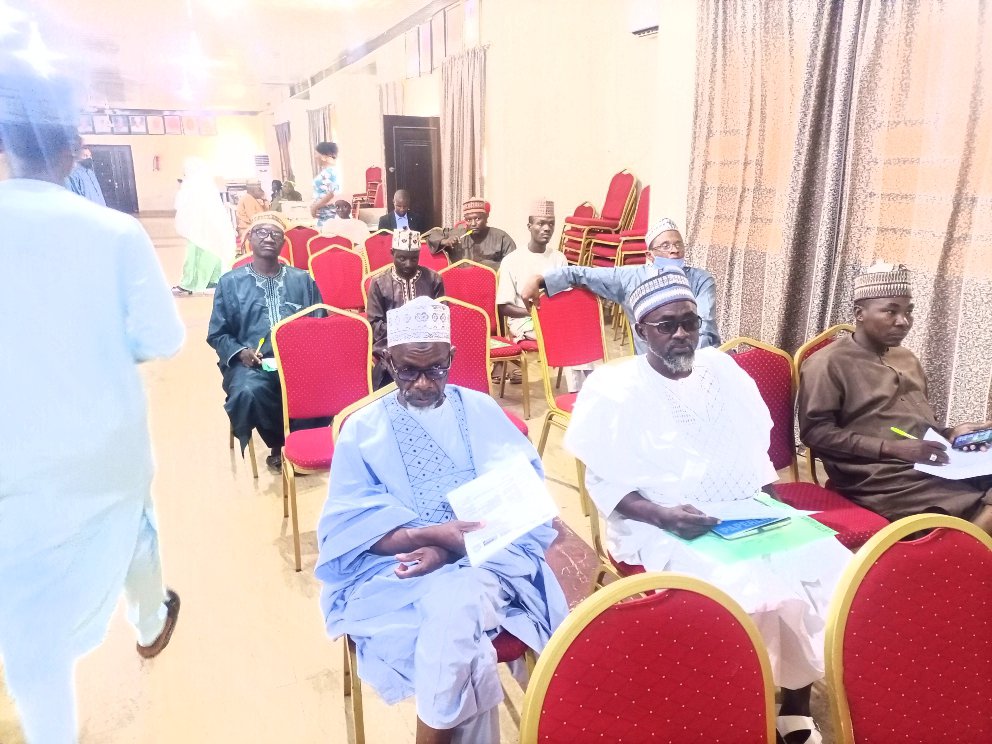
He also used the occasion to call on the government to reintroduce the teacher training colleges for the training of qualified and competent teachers.
He suggested that philanthropists should be involved in the running affairs of schools in their localities to enable them contribute their quota.




